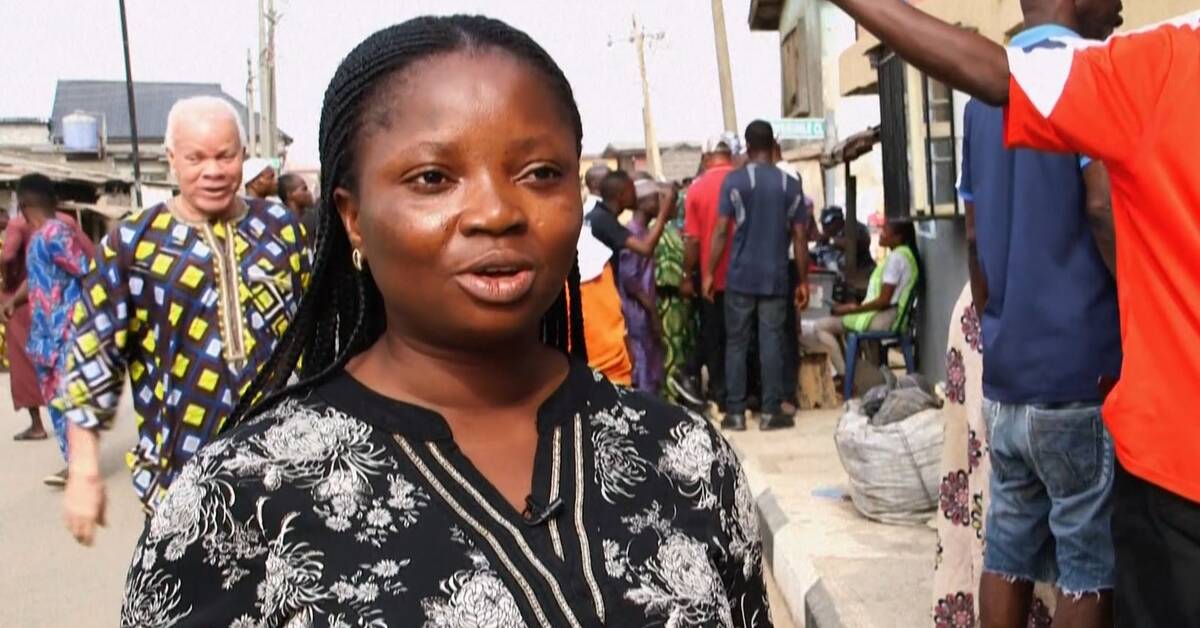The election is taking place in the shadow of a host of problems that Nigeria is grappling with.
According to public statistics, every third person is unemployed, inflation is at 22 percent and the country has major security problems.
Voting is made more difficult because there is currently a severe shortage of cash in Nigeria after the notes have been replaced.
Polling stations attacked
A total of 87.2 million people have registered to vote.
Polling stations officially opened at 8:30 a.m. local time.
In some places it happened with some delay.
- We appreciate it, even though they didn't open on time, says pensioner Garba Yunusa Abdullahi.
At the same time, reports are coming from several locations that polling stations have been forced to close after being attacked by armed gangs, TT reports.
When the counting of votes began at 7 p.m., the queues were still long in several places in the country.
Three main options
In recent weeks, three names have emerged as the main options: Bola Tinubu, 70, Atiku Abubakar, 76, and Peter Obi, 61. Tinubu and Abubakar both belong to one of the country's two largest parties.
- Peter Obi is a breakaway who has come in from the side and is the favorite of the young people.
And Nigeria has a very large young population, says SVT's Africa correspondent Johan Ripås.
Despite the opinion polls showing that Obi has a lot of support, nothing is certain yet, Ripås believes.
- In many places in Africa, it's always about when you go and vote, because far out in the countryside, votes can be bought.
What would it mean if Peter Obi became president?
- It would be a great victory for Nigeria's democracy, I would say, because then you have broken up the old system of people just voting as they have always done.

